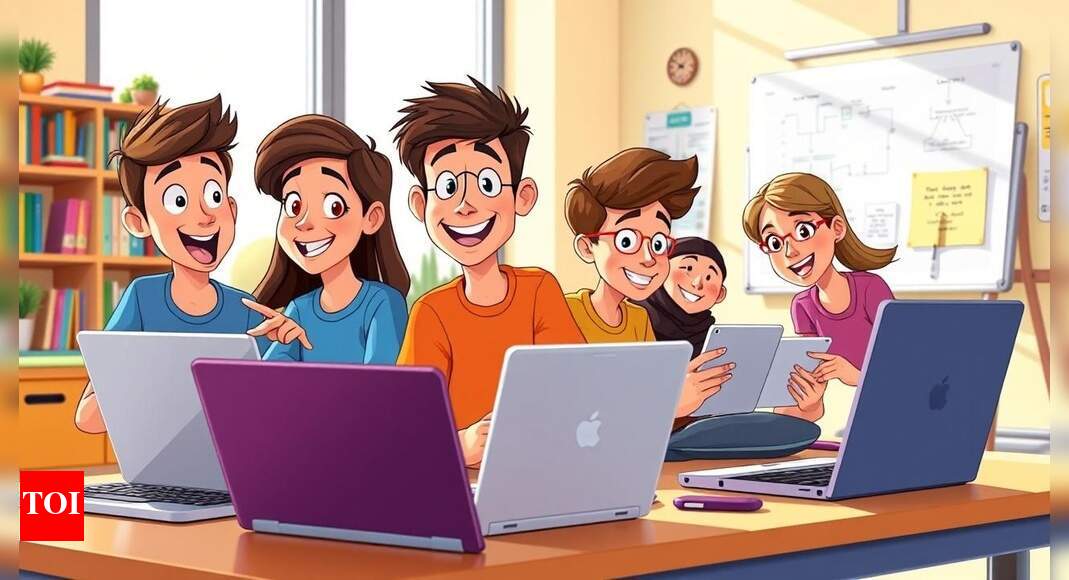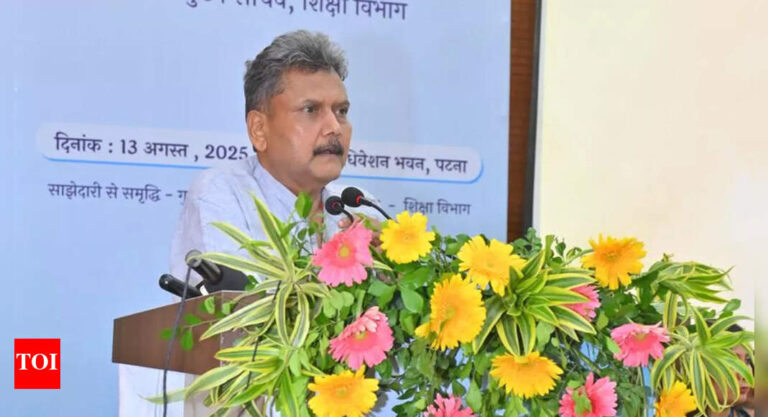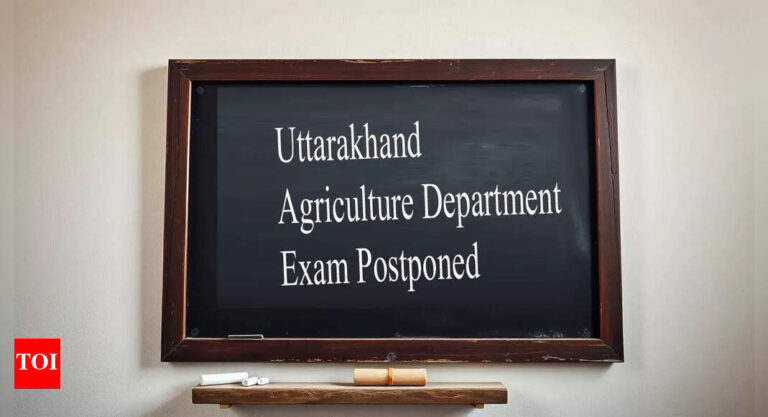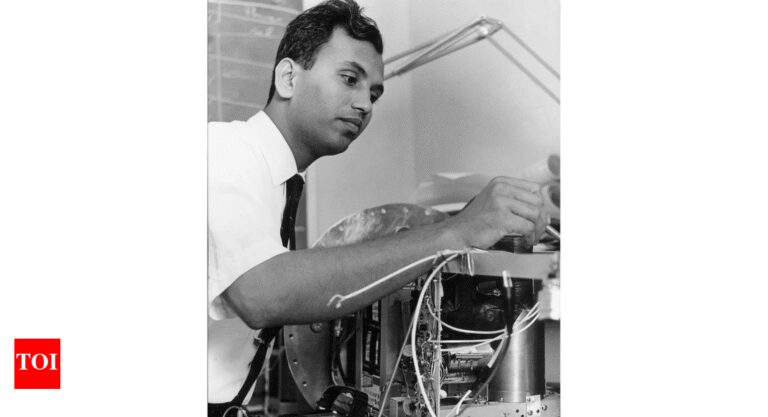
The Ministry of Education is set to introduce Artificial Intelligence (AI) in the school curriculum for all students from Class 3 onwards from the 2026-27 academic session. The move aims to prepare India’s future workforce for a technology-driven economy.School Education Secretary Sanjay Kumar said the Central Board of Secondary Education (CBSE) is developing a framework to integrate AI across grades. “The challenge will be to reach out to over one crore teachers across the country and orient them in imparting AI-related education. We need to move fast so that students and teachers are properly aligned with this technology over the next two to three years,” he told PTI.
Pilot projects and teacher training
A pilot initiative is already underway, allowing teachers to use AI tools for lesson planning. Sanjay Kumar emphasised that the objective is to equip both learners and educators for the digital economy. Over 18,000 CBSE schools currently offer AI as a skill subject from Class 6 onwards through a 15-hour module, while Classes 9 to 12 have it as an optional subject.Since 2019, more than 10,000 teachers have received AI training with support from Intel, IBM, and the National Institute of Electronics and Information Technology (NIELIT). Student enrolment in AI modules has surged sharply: 7.9 lakh students from Classes 9-10 and over 50,000 from Classes 11-12 opted for AI this year, up from roughly 15,000 and 2,000 students respectively when the programme was first introduced. Experts say AI is transitioning from a “buzzword to basic literacy” as educational institutions increasingly embrace technology-driven learning, TNN reports.
Implications for the workforce
The policy aligns with the National Education Policy (NEP) 2020, which advocated integrating emerging technologies such as AI and the Internet of Things (IoT) into school curricula. The release of a NITI Aayog report on AI and jobs highlighted the urgent need for upskilling. B V R Subrahmanyam, CEO of NITI Aayog, warned that India’s IT workforce of 7.5 million could shrink to six million by 2030 unless strategic reorientation is prioritised. “AI is changing work, workers, and the workplace. Around two million traditional jobs could be displaced, but eight million new roles may emerge if we create the right ecosystem,” he said, TNN reports.The report proposed the India AI Talent Mission to position the country as a global hub for AI talent. It predicts 10 million IT jobs and 3.1 million customer service roles by 2030, with opportunities spread across healthcare, education, logistics, and creative industries.
AI as a basic literacy
A senior CBSE official noted that AI should not remain a specialised elective but become a foundational skill. “When today’s third grader graduates in 2035, AI will not be an advantage—it will be a necessity,” the official said, underscoring the strategic nature of the curriculum reform,
TNN
reports. Officials believe that with coordinated action between government, academia, and industry, India can not only safeguard its workforce but also play a leading role in shaping global AI standards.(with PTI inputs)








